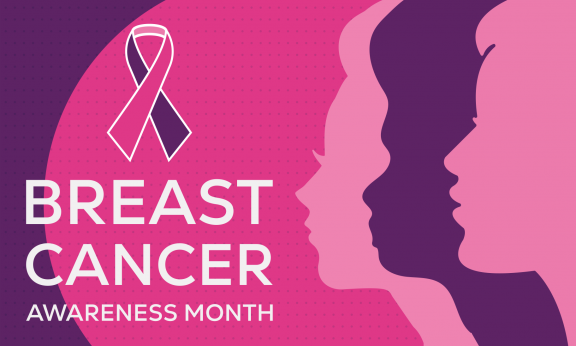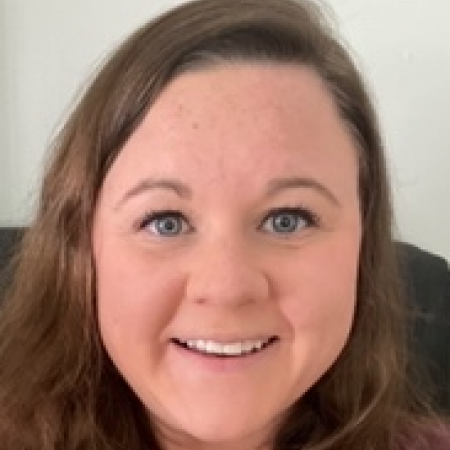Breast Cancer Awareness Month

The pink explosion is everywhere, and that can only mean one thing: October is upon us, and everyone is preparing for National Breast Cancer Awareness Month. After all, about 1 in 8 U.S. women, and 1 in 1000 U.S. men will develop invasive breast cancer over the course of their lifetime, and being proactive in this fight is crucial.
Breast self-exams are to be done monthly, and the best time to do them is about 10 days after the onset of your menstrual cycle. They will change texture over the course of the monthly cycle, so sticking to one time of the month is best. If you no longer menstruate, then choose a day of the month and do it that same day from then on. If your breasts are generally lumpy and you don’t know what is normal and what isn’t, the best strategy is to simply become familiar with them. Become so familiar with each ridge and curve that if something was to change, you’d notice it right away. Also, look in the mirror. Look for dimpling, swelling, or redness by standing with your hands on your hips, then with your hands in the air, standing straight, then leaning forward.
The second guideline is to have your doctor examine your breasts. Find a doctor that you’re comfortable with because he or she will be squeezing your breasts and looking at them rather closely every year. A lot of people would rather do it themselves, but if you were to find an abnormality, you’ll need your doctor’s help in getting the proper tests done to determine what is wrong. Only your doctor can provide an order for a breast sonogram or diagnostic mammogram.
The last guideline is to get a mammogram. This only applies to certain people: women over 40 (or mid to late thirties if breast cancer runs in the family because a woman’s risk of breast cancer approximately doubles if she has a first-degree relative who has had breast cancer), and patients with an abnormality in the breast. It is not generally recommended to get a mammogram before the age of 35. If a patient younger than 35 finds a lump, the first exam ordered will likely be a sonogram because it does not utilize radiation.
These three things are your best bet for catching breast cancer in its earliest stages. Trust your judgment when it comes to your body. Don’t ever feel like you are overreacting if you “think” you feel something in your breast. If it doesn’t feel right, have it checked out. The worst thing that can happen is that you get checked and it turns out to be nothing.

